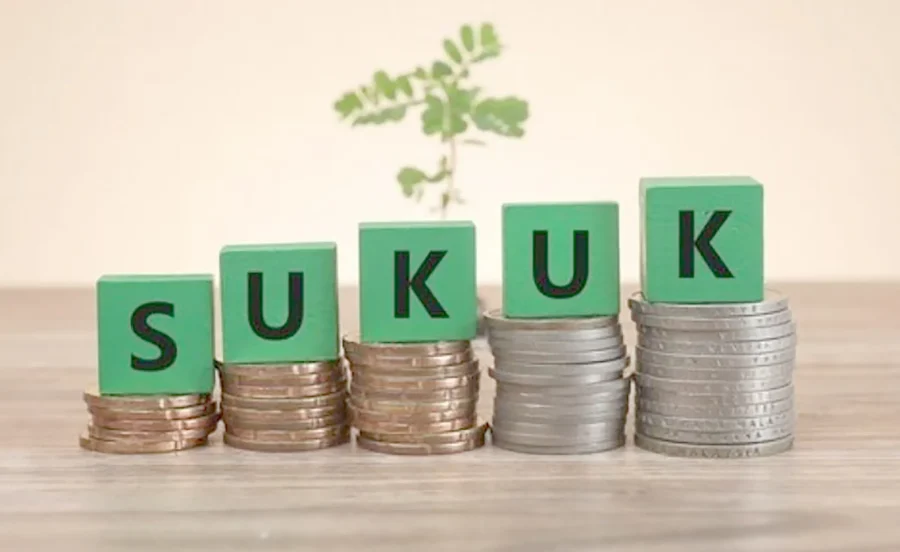The Islamic finance industry is projected to grow globally in 2024-2025 with total assets likely to witness single-digit growth driven by economic diversification efforts, a report said.
It predicted that sukuk issuance globally would hover between $160 billion and $170 billion in 2024, representing a steady momentum from $168.4 billion in 2023 to $179.4 billion in 2022.
In its latest analysis, credit rating agency S&P Global highlighted that the industry grew by 8 percent and 8.2 percent in 2023 and 2022, respectively, stemming from growth in banking assets and the sukuk industry.
According to the US-based firm, Islamic banking assets grew 56 percent in 2023 compared to 72 percent in 2022.
Financial institutions across the Gulf Cooperation Council region accounted for 86 percent of the reserve increase in 2023, with Saudi Arabia becoming the chief contributor, having generated 56.7 percent of the maturation.
“We expect the implementation of Vision 2030 and growth in corporate and mortgage lending to continue supporting the Islamic finance industry over the next 12-24 months. In addition, the UAE showed a stronger contribution in 2023 thanks to the good performance of the non-oil sector,” the report noted.
It added: “Elsewhere, we observed some growth, particularly in Turkiye and Indonesia. The performance in Malaysia and Turkiye was somewhat tempered by the depreciation of the ringgit and the lira.”
According to the US-based firm, the issuance of this Shariah-compliant debt product began on a strong footing in 2024, with Saudi Arabia becoming a key contributor to the performance.
“The drop in issuance volumes in 2023, which mainly resulted from tighter liquidity conditions in Saudi Arabia’s banking system and Indonesia’s lower fiscal deficit, was somewhat compensated by an increase in foreign currency-denominated sukuk issuance,” S&P Global said in the report.
It added: “The market has started 2024 on a strong footing, with total issuance reaching $46.8 billion at March 31, 2024, compared with $38.2 billion at March 31, 2023.”
The analysis highlighted that the sukuk market will continue its growth momentum in the near term as financing needs in core Islamic finance countries remain high, given ongoing economic transformation programs, especially in countries like Saudi Arabia. “We expect the sukuk market to fill in some of these needs. Specifically, we see some opportunities in the structured finance space with banks tapping the sukuk market to refinance their sizable mortgage books,” said the agency in the report.
The agency highlighted that the drive for digitalization and sustainability initiatives have yielded mixed results in the Islamic finance industry.
“While opportunities related to sustainable finance are significant as the industry is concentrated in oil exporting countries, progress has been relatively slow and limited in the global context,” according to S&P Global. However, the report noted that digitalization has helped the banking side of the industry. S&P Global concluded the study by saying that the future of Islamic finance is sustainable, collaborative, and digital. “It is sustainable thanks to the alignment between Shariah principles, overarching pillars of sustainability, and the value proposition of Islamic finance that capture more than just financial objectives,” said the report.—AN










